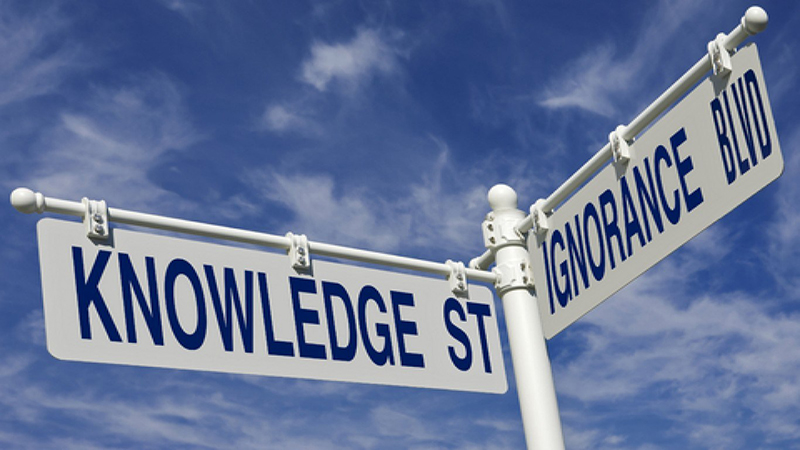10 Things You Should Know About PTSD

You hear more about posttraumatic stress disorder (PTSD) now than ever before. However, have you heard these 10 things you should know about PTSD?
PTSD is an anxiety disorder that affects over seven million people in the United States, but despite that number, stigma and ignorance still exist. The only way to combat that is to talk about it and educate those who have not experienced it. To that end, I have put together a list of 10 things you should know about PTSD.
What You Need to Know about PTSD
If you or a loved one haven't been directly affected by PTSD, you may not know a lot about it. For some people, their only experience and knowledge about PTSD comes from what they see on television shows and in movies, and those portrayals don't often tell the whole story.
Here are 10 things you should know about PTSD:
- Not everyone who experiences trauma gets PTSD. Two people who experience the same type of trauma may have completely different outcomes--one may develop PTSD while the other doesn't experience any symptoms at all.
- Sexual assault is more likely to result in PTSD than are other types of trauma, including military combat. Although it is difficult to pin down accurate statistics because many sexual assaults and rapes go unreported, it is estimated that at least 50 percent of sexual assault victims develop PTSD. Obviously, the number could be much higher if all such assaults were reported.
- PTSD treatment can help, no matter how long it has been since the trauma. I wasn't diagnosed and didn't receive help for my PTSD for nearly 20 years after I first experienced trauma, but treatment has been extremely helpful and my quality of life has improved by leaps and bounds. It's never too late to seek help.
- The amount of social support you receive after a traumatic event is a huge factor in preventing PTSD Symptoms. This is especially true for women who may experience PTSD symptoms.
- Women are more than twice as likely as men to develop PTSD. This holds true except in instances of combat, in which the numbers for men and women are similar.
- People who suffer from PTSD are more at risk than the general population to develop a problem with drugs or alcohol. It's believed that between 30 and 50 percent of people diagnosed with PTSD also have substance use disorders. It's important that treatment is sought for both.
- PTSD does not cause someone to be violent. Despite what you see on television, most sufferers of PTSD do not become violent or act out violently when having flashbacks of their trauma.
- Research shows that there may be a genetic factor in the development of PTSD. This factor is being studied to determine whether or not some of us are predisposed to developing PTSD.
- Many people with PTSD also experience depression. The good news is that proper PTSD treatment has been shown to greatly decrease suicidal ideation if depression develops.
- There are many people who recover completely from PTSD with proper treatment. PTSD is not a life sentence. Seeking help and accepting treatment can mean a full recovery from PTSD and its symptoms.
Find Jami on Facebook, on Twitter, on Google+, and on her blog, Sober Grace.
APA Reference
DeLoe, J.
(2016, June 30). 10 Things You Should Know About PTSD, HealthyPlace. Retrieved
on 2026, March 3 from https://www.healthyplace.com/blogs/traumaptsdblog/2016/06/ten-things-you-should-know-about-ptsd
Author: Jami DeLoe
After 32 years in the Criminal Justice System I was informed I had been diagnosed with PTSD. After accepting this I found with therapy and medication I was able to regain my life.
